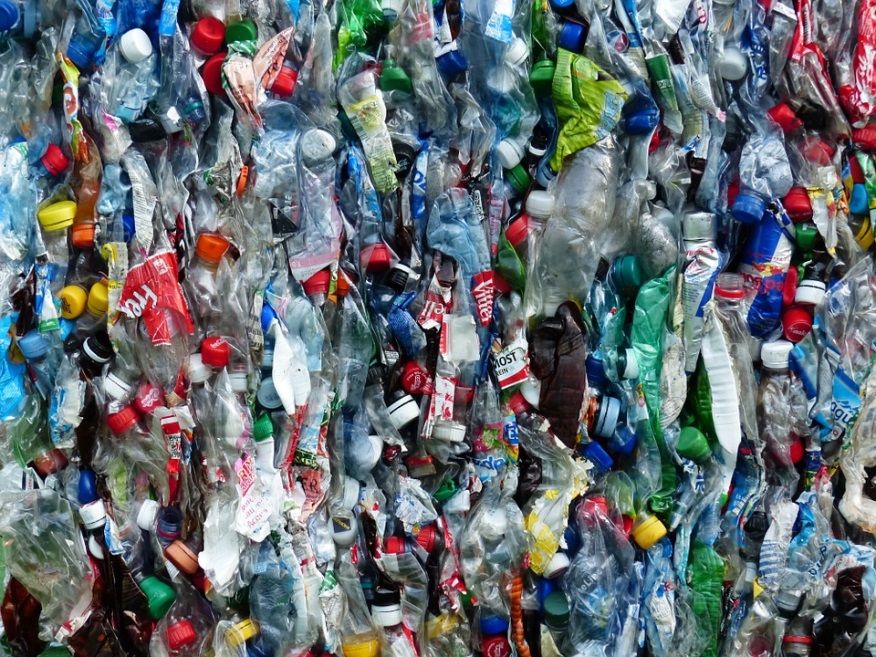Disposable plastics banned in Delhi
In December 2016, the National Green Tribunal (NGT) voted in favour of the banning of all disposable plastics in India’s capital city, the law came into effect on 1 January, 2017

In December 2016, the National Green Tribunal (NGT) voted in favour of the banning of all disposable plastics in India’s capital city, the law came into effect on 1 January, 2017.
Globally, around 300 million tonnes of plastic is produced each year.
India is one of the world’s largest plastic polluters, responsible for approximately 60 per cent of the 8.8 million tons of plastic that is added to world’s oceans every year.
The ban is intended not only to ease the growing pollution in Delhi but also to reduce the plastic waste that is taken to the three main dumping sites of Okhla, Gazipur, and Bhalswa, which according to Swatanter Kumar, Chairperson of the NGT, are ‘a depiction of mess that can be created for environmental and health of people of Delhi.”
Delhi uses waste-to-energy plants to produce electricity, which release harmful pollution into the air when plastic waste is burned.
The plastic that is not disposed in this process ends up in the Yamuna, the second largest tributary river of the Ganges.
For non-compliance, these waste-to-energy plants will be fined 500,000 rupees ($7,300) for every “pollution incident” that occurs and vendors will be charged 10,000 rupees ($147) for polluting the streets.
The implementation of the ban is unclear and many citizens remain confused about the restrictions of the ban.
However, it is hoped that the ban will raise awareness about the consequences of plastic pollution and, ultimately, encourage people to generate less waste.
Never miss an update by signing up to our newsletter here.


